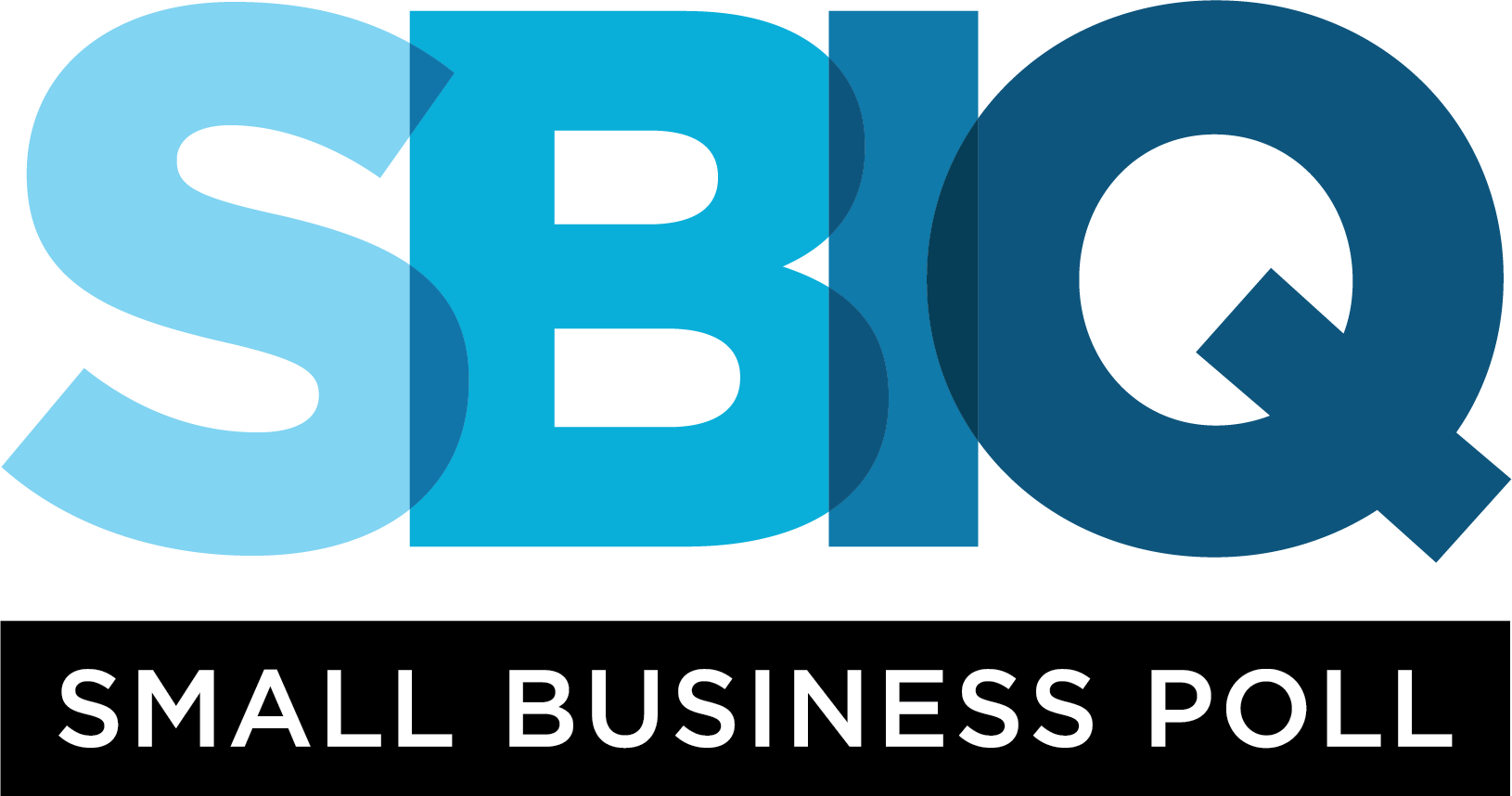Appeared in the Orange County Register.
The latest federal government data reveals that over 900,000 jobs were brought back nationwide in July. Combined with increasing vaccination rates, the blockbuster gains are largely a result of shifting incentives. Twenty-six states ended enhanced federal unemployment benefits early, which has motivated more Americans to return to the workplace.
The economic improvement is promising, but much work remains. More than 5.7 million people who had a job in February 2020 don’t have one now. And in June, the number of employment openings hit a record high.
In short, although Americans are trickling back into the nine-to-five grind, businesses are having a challenging time attracting employees—especially small ones. Operating on a skeleton staff makes it all that more challenging to rebound following the pandemic. According to the latest Job Creators Network Foundation’s Monthly Monitor polling, only 1 in 10 small businesses have been able to claw themselves out of the financial hole.
To spur additional recovery, business owners and policymakers should pursue strategies that encourage more women to enter the labor force. Compared to their male counterparts, it’s a group that is chock full of untapped economic potential.
Historically, women have trailed men in the labor market. Prior to the pandemic, the labor force participation rate (LFPR) for women was approaching 60 percent. At the same time, nearly 70 percent of men either had a job or were on the hunt to find one. The coronavirus and associated lockdowns hit the labor situation for both demographics hard. Neither have fully recovered.
Some of the disparity can be attributed to traditional gender roles. Even in the modern era, an outsized proportion of women stay at home to take care of children rather than heading to the office. Priorities are important, but at the very least women need to feel comfortable with their options. We’ve made a lot of progress as a society since the days of Leave it to Beaver, but those undertones still exist.
So what can we do to fill the gap?
Providing the opportunity to work remotely or allowing more flexibility in the workplace could bring more women off the sidelines and into the labor force. The pandemic compelled employers to experiment with work-from-home policies, so it’s already a familiar exercise. While there are benefits of physically being in an office, technology makes the remote work option feasible long term in some professions. If the option is available, parents will no longer have to balance a career and expensive childcare.
Encouraging entrepreneurship is another path for women to get more involved with the economy. Running your own small business or franchise can be challenging. But it comes with all the perks of being your own boss. Officials should streamline the path to entrepreneurship and make it as attractive as possible. In other words, politicians simply need to get out of the way.
Unfortunately, there’s currently no shortage of public policy sabotage.
Newly proposed federal labor regulations will squeeze the life out of would-be small business owners. One of the more popular avenues to business ownership is the franchise model. While branding is borrowed from the parent company, franchisees are responsible for hiring staff, distributing compensation, scheduling hours, and various other operational decisions. As part of legislation currently being considered by Congress called the PRO Act, these entrepreneurial opportunities could dry-up.
Proposed tax hikes also threaten the expansion of Main Street. For example, legislation was recently unveiled in the senate that walks back a 20 percent small business tax deduction. It was the cornerstone of the 2017 Tax Cuts and Jobs Act, which, prior to the pandemic, triggered the strongest economy in half a century. Notably, it created a small business friendly environment that encouraged more Americans to explore entrepreneurship.
Gutting the incentive mechanism at the very moment when we need small business ownership to flourish the most is akin to shooting ourselves in the foot.
Economic recovery is well underway, but we have a long way to go. Encouraging more women to enter the labor force and incentivizing female entrepreneurship is just the cocktail we need to launch into the roaring 2020s.
Elaine Parker is the president of the Job Creators Network Foundation.



